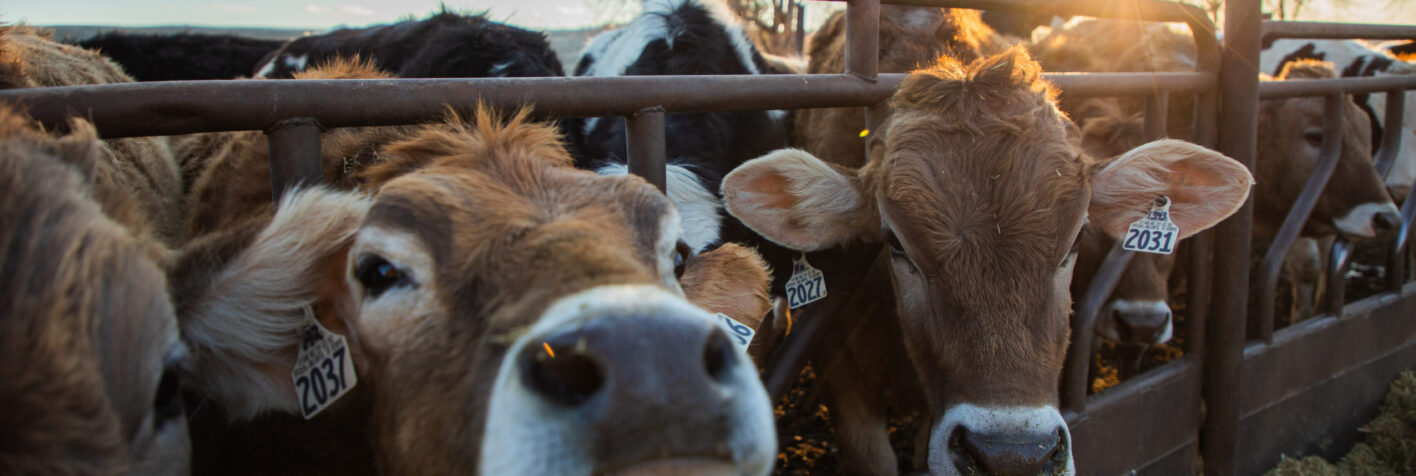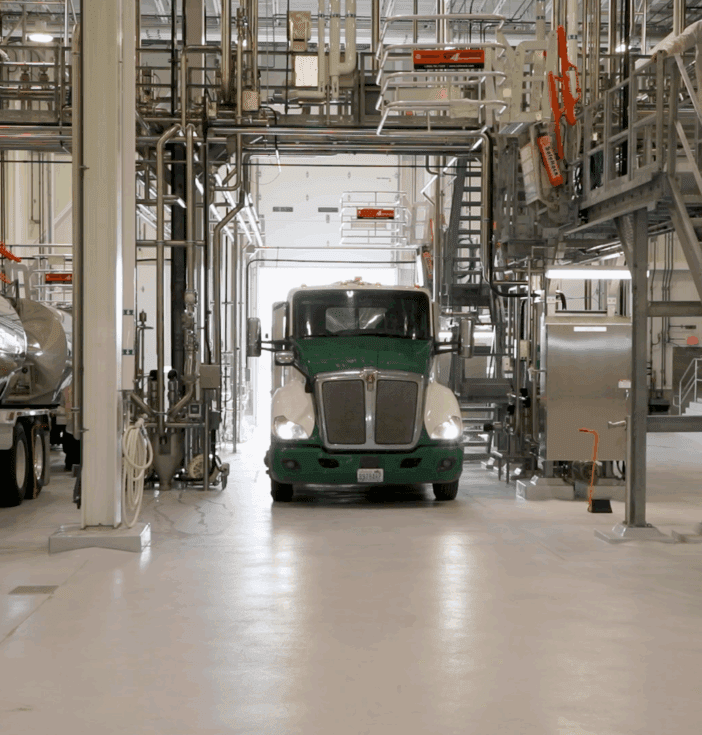
Press Releases,
Company News
| 2 min read
Darigold Prepares to Ring in the Holidays With Return of Beloved Eggnog
September 30, 2025
Read More
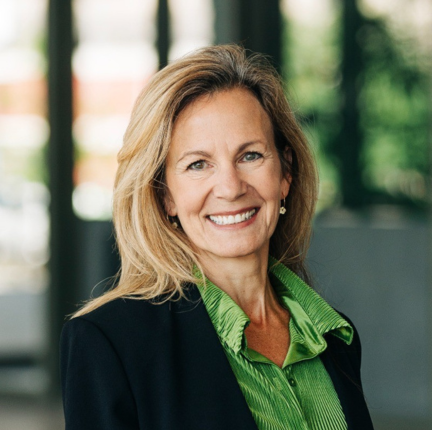
Press Releases,
Company News
| 2 min read
Darigold Names Amy Humphreys Chief Executive Officer
September 17, 2025
Read More
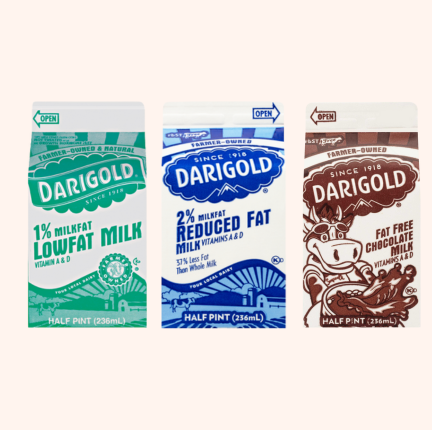
Company News
| 2 min read
Voluntary Recall of Half-Pint Minis
September 09, 2025
Read More

Company News
| 2 min read
Darigold Launches Protein Shakes
April 07, 2025
Read More
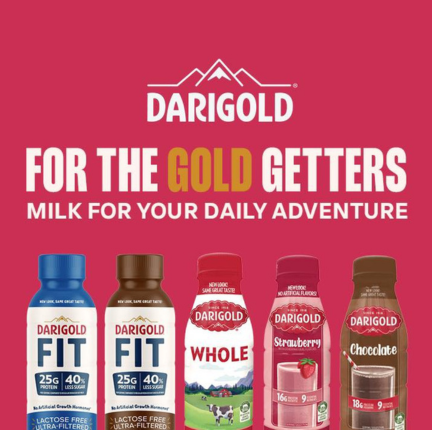
Company News
| 3 min read
New Partnership Has Darigold Exporting Consumer Products to the Philippines After 50-Year-Hiatus
January 30, 2025
Read More
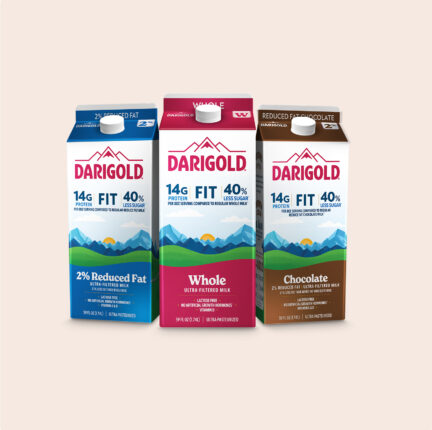
Press Releases
| 2 min read
Available 265+ Stores Throughout the Midwest
October 30, 2024
Read More
